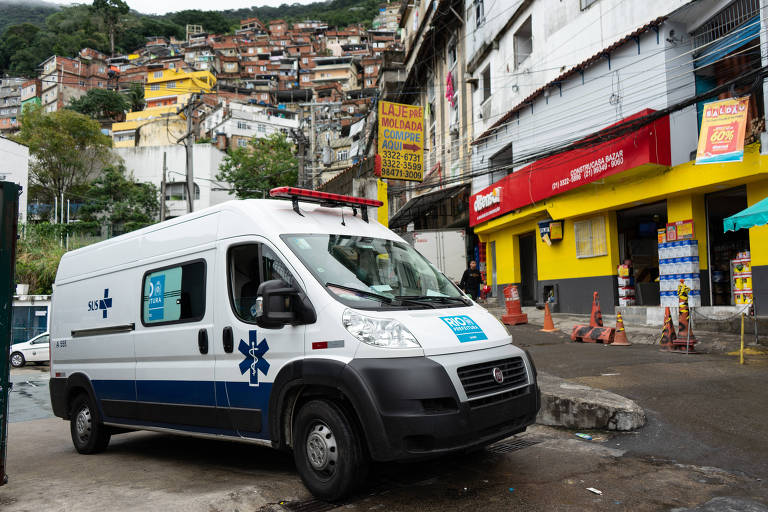Hunger, lack of income, and misinformation contribute decisively to the failure to comply with isolation measures adopted to contain the coronavirus in impoverished areas of the country's largest cities, according to a survey conducted with community leaders from six metropolitan regions.
The need for work amid the economy's paralysis and the lack of coordination between the authorities involved in facing the pandemic have aggravated the situation. Researchers linked to USP (University of São Paulo) collected the testimonies of these community leaders.
The group is part of the Solidarity Research Network, articulated by several academic institutions. The poll listened to 72 leaders who live in underserved communities in the metropolitan areas of São Paulo, Rio de Janeiro, Belo Horizonte, Recife and Manaus, and the Federal District, between May 5 and 11.
Seventy-four percent of the leaders pointed out problems related to food insecurity as the primary concern.
According to them, initiatives by governments, companies, and civil society organizations to distribute food baskets in slums and poor neighborhoods have been insufficient to solve the problem. Queues and disputes between families for donated food have been frequent, according to respondents.
Translated by Kiratiana Freelon
